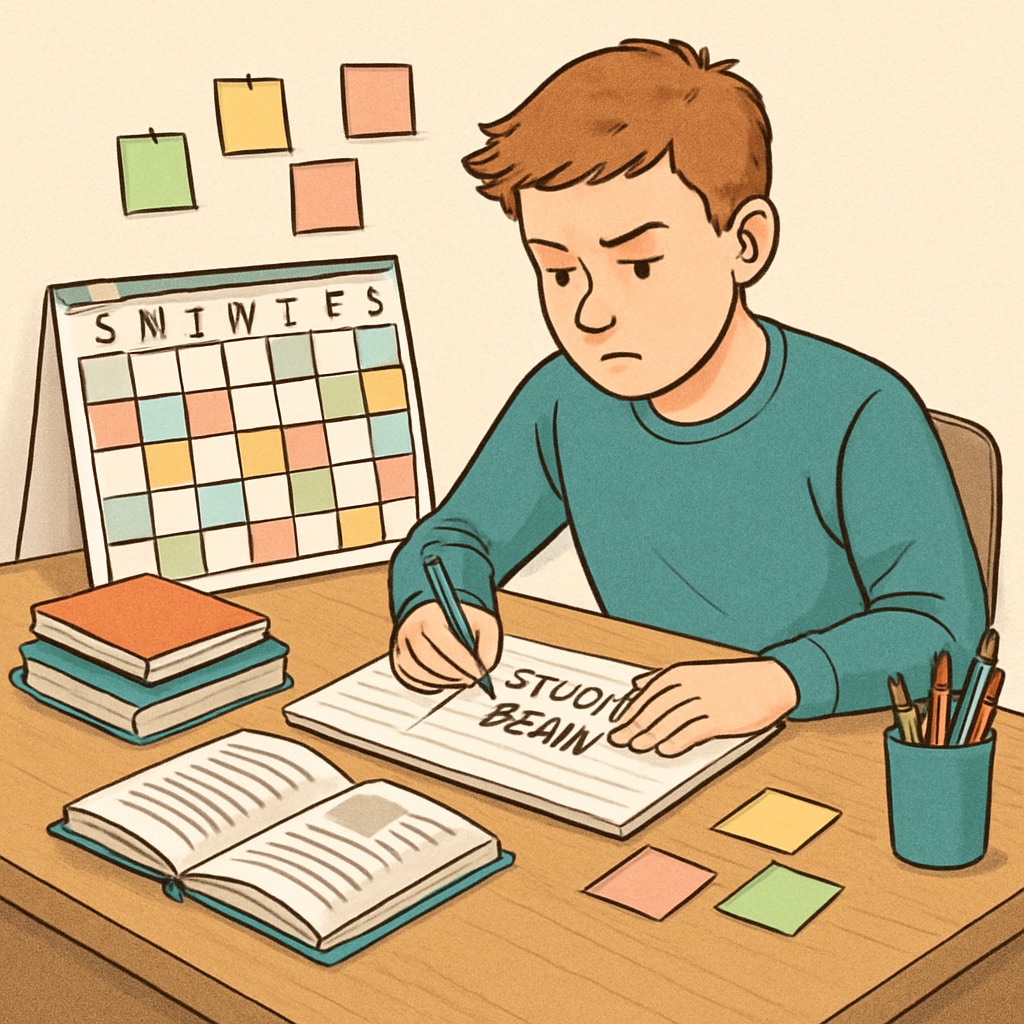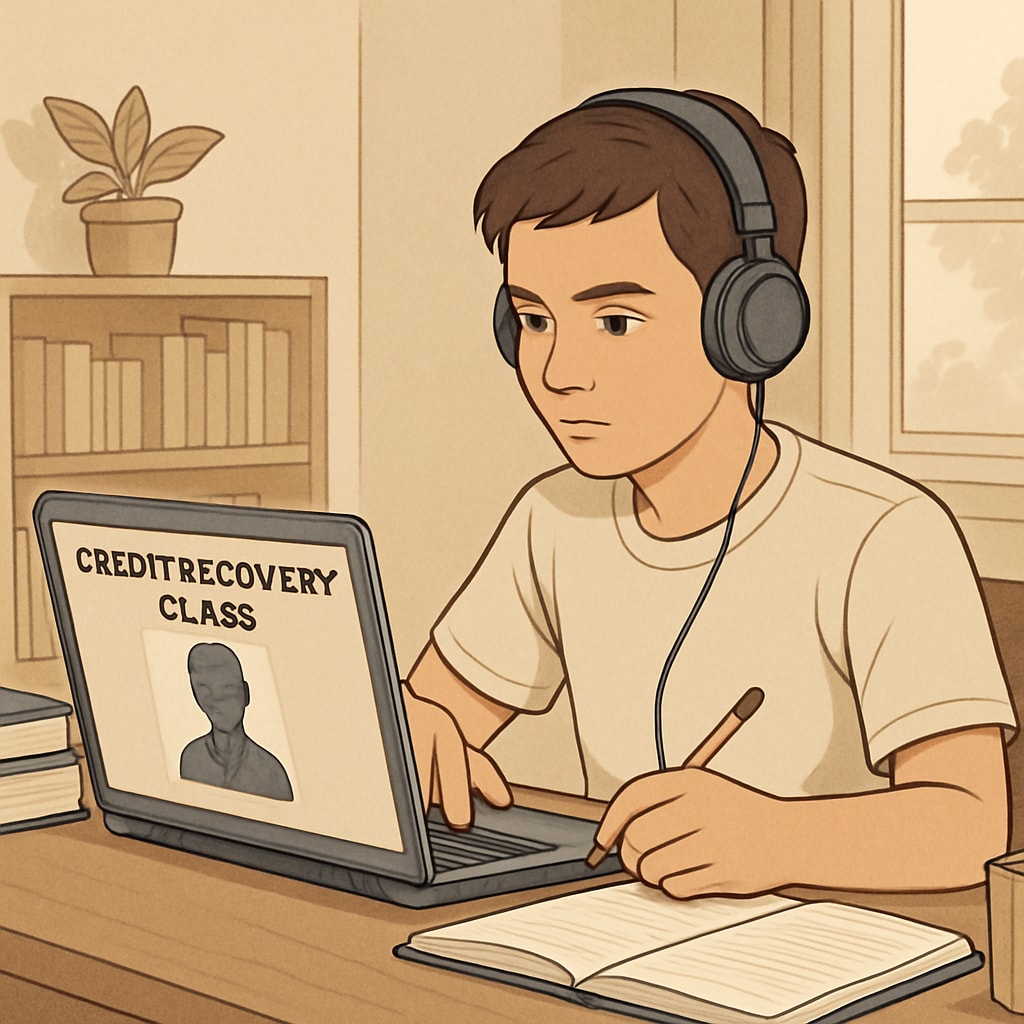Facing the challenge of insufficient high school credits can feel overwhelming, especially for students with ADHD. This situation is not only a hurdle to graduating on time but also a critical test of resilience and planning. However, with the right strategies, it is entirely possible to catch up on credits and still enjoy a meaningful high school experience. In this guide, we’ll break down actionable steps to address credit shortfalls, balance academic demands, and make the most of the remaining two years of high school.
Understanding Credit Shortfalls and ADHD Challenges
High school credit shortages can result from various factors, including missed classes, failing grades, or personal challenges such as ADHD. For students with ADHD, the difficulty often lies in maintaining focus, managing time, and staying organized. These issues can cause academic delays that accumulate over time. Recognizing the root causes of your credit shortfall is the first step toward developing an effective recovery plan.
ADHD, in particular, introduces unique obstacles. For example:
- Difficulty concentrating during lectures and completing assignments on time.
- Procrastination and struggles with time management.
- Overwhelm when managing multiple tasks simultaneously.
To tackle these, students need a tailored approach that accounts for their learning needs while focusing on credit recovery. Let’s explore how to do that effectively.

Effective Strategies to Catch Up on High School Credits
Recovering high school credits in two years may seem ambitious, but it is achievable with a clear plan. Here are proven strategies:
1. Consult Your School Counselor
Start by meeting with your school counselor to review your academic transcript and understand how many credits you need to graduate. Your counselor can help identify options such as summer school, online courses, or credit recovery programs designed to fit into your schedule.
2. Enroll in Credit Recovery Programs
Credit recovery programs are specifically designed for students who need to catch up. These programs often provide flexible learning formats, allowing you to focus on one subject at a time. Some examples include:
- Edmentum Courseware – Offers self-paced online courses.
- K12 Online School – Provides comprehensive virtual learning options.
These programs allow you to retake failed courses or earn additional credits while accommodating your learning style.
3. Take Advantage of Summer School
Many high schools offer summer classes where you can earn extra credits in a shorter time frame. Summer school is an excellent opportunity to focus on specific subjects while avoiding the distractions of a full academic schedule.
4. Explore Dual Enrollment
Dual enrollment programs allow high school students to take college courses for both high school and college credit. This option not only helps you catch up on missing credits but also gives you a head start on your post-secondary education.
5. Create a Daily Routine
For students with ADHD, structure is essential. Develop a daily routine that includes dedicated study times, regular breaks, and consistent sleep schedules. Tools like planners, alarms, and apps such as Todoist can help you stay on track.
6. Seek Support for ADHD
If ADHD symptoms are significantly impacting your academic performance, consider seeking professional support. Therapy, coaching, or medication can help manage symptoms and improve focus, making it easier to stay on top of your studies.

Balancing Academic Recovery and Well-Being
Catching up on credits can be stressful, so it’s important to maintain a balance between academic demands and personal well-being. Here are some tips:
- Set realistic goals: Break your credit recovery plan into smaller, manageable steps to avoid feeling overwhelmed.
- Prioritize mental health: Practice mindfulness, exercise regularly, and talk to a counselor if needed.
- Stay connected: Maintain relationships with friends and participate in extracurricular activities to keep your high school experience enjoyable.
Looking Ahead: Graduation and Beyond
By following these strategies, you can recover your credits and graduate on time. However, this process is about more than just meeting requirements; it’s an opportunity to develop valuable skills such as time management, resilience, and self-advocacy. These skills will serve you well in college, career, and beyond.
Remember, credit recovery is a team effort. Don’t hesitate to reach out to teachers, family, and peers for support. With determination and the right resources, you can not only catch up but also thrive during your high school journey.
Readability guidance: This article uses short paragraphs and clear lists to improve engagement. Transition words like “however,” “in addition,” and “for example” are used to maintain flow. Long sentences and passive voice are minimized for clarity.


